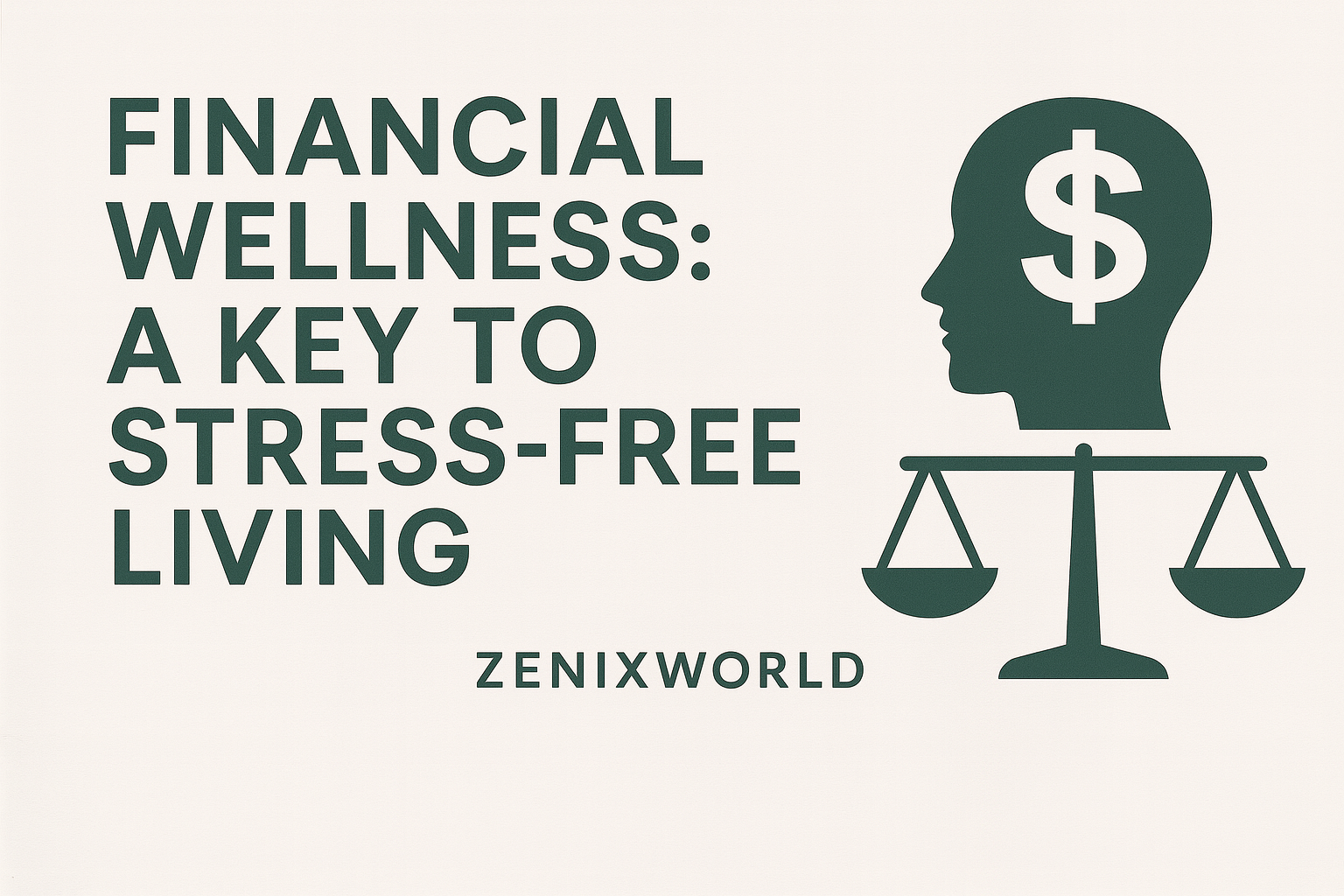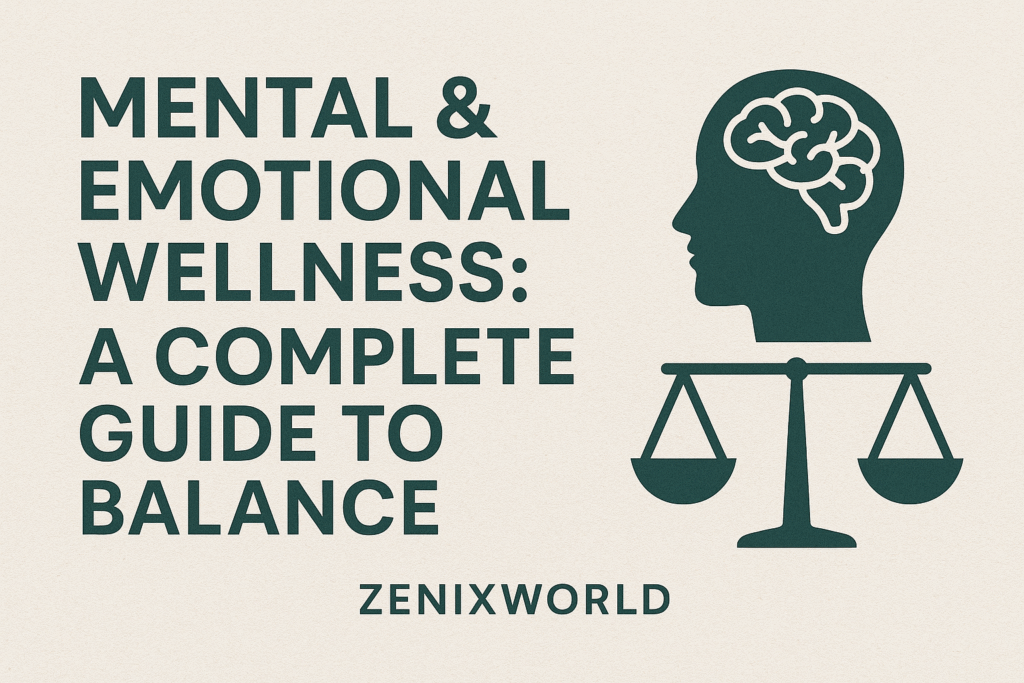What is Financial Wellness?
Financial wellness means having control over your money and being confident in your ability to manage both present and future expenses. It’s not just about earning more—it’s about balancing your income, savings, and spending so you can live without constant financial stress.
Simply put, financial wellness is peace of mind with money.
Why is Financial Wellness Important?
Money problems are one of the leading causes of stress worldwide. When people feel financially secure, they:
- Experience less anxiety and better mental health.
- Have the freedom to make life choices without constant worry.
- Build stability for the future (retirement, education, emergencies).
- Strengthen relationships by reducing money-related conflicts.
Key Pillars of Financial Wellness
- Budgeting Wisely
Creating and following a budget helps you track where your money goes, making sure your spending matches your priorities. - Emergency Savings
A strong financial safety net (3–6 months of expenses) prevents small setbacks from becoming major crises. - Debt Management
Keeping debt under control ensures you’re not overwhelmed by interest payments and financial pressure. - Smart Investing
Building assets through investments (stocks, mutual funds, real estate, etc.) grows wealth over time. - Retirement Planning
Preparing early for retirement gives long-term security and reduces dependence later in life. - Financial Education
Understanding money management, taxes, and financial products helps you make smarter decisions.
Tips to Improve Financial Wellness
- Track your income and expenses monthly.
- Save first, spend later.
- Avoid unnecessary debt (like high-interest credit cards).
- Set financial goals (short-term and long-term).
- Learn continuously about personal finance.



